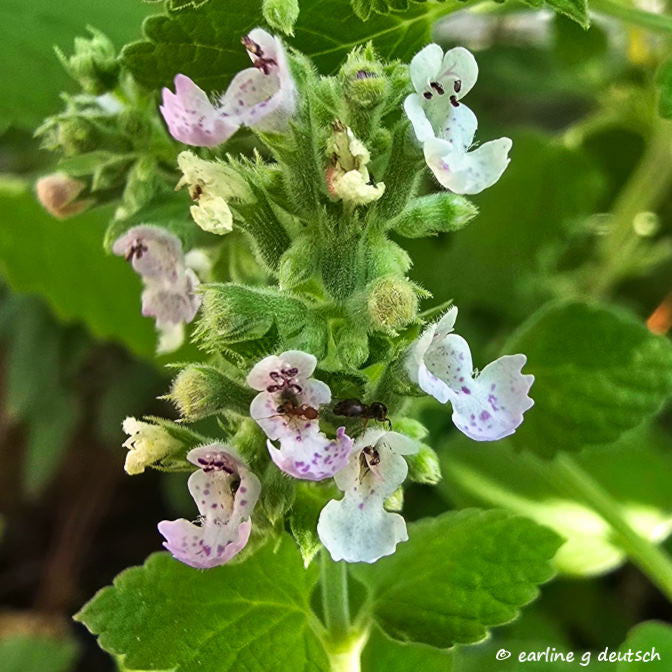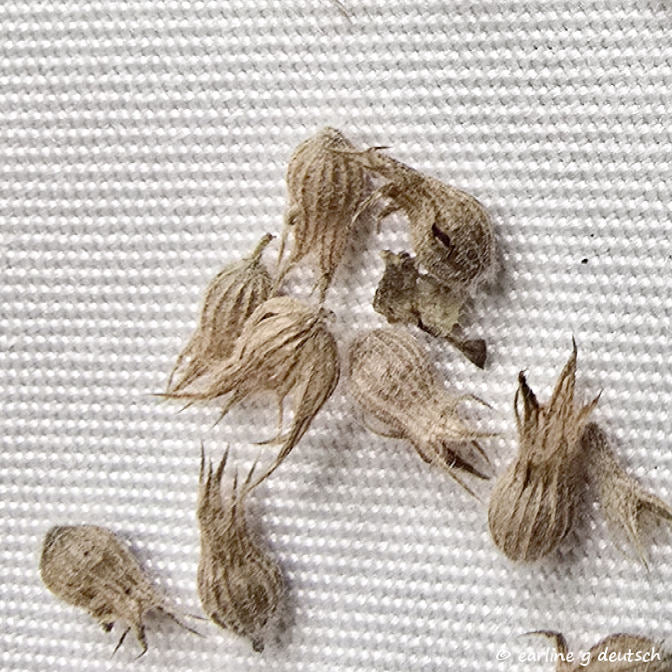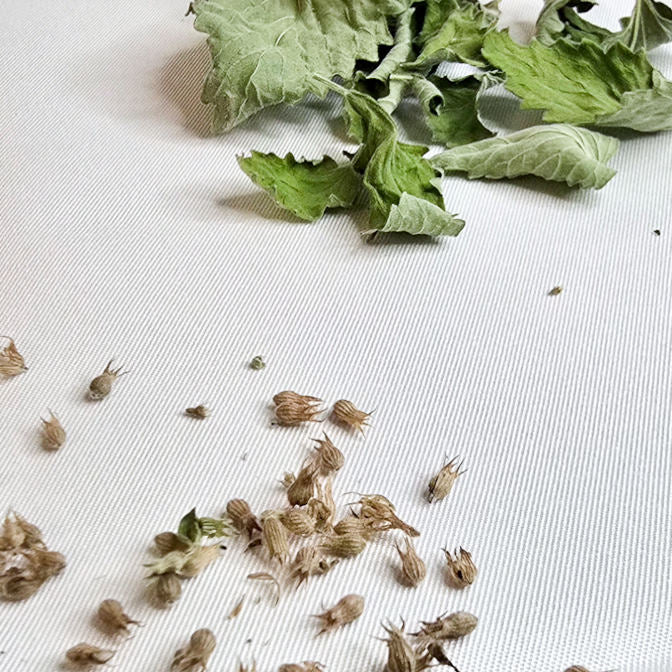Fetch & Forage
Catnip Seeds - Organically Grown - Pesticide and Fertilizer free
Catnip Seeds - Organically Grown - Pesticide and Fertilizer free
Couldn't load pickup availability
Catnip is a magical plant for cats and is equally enchanting for people too. Our feline friends deserve safe, pesticide and fertilizer free plants to munch.
Fetch & Forage sources only the safest, organically grown, completely pesticide-free seeds for your pets and your pollinator garden. Remember, organic does NOT mean pesticide free. Organic pesticides are typically safe for pets, but they can be deadly for butterflies, moths, and other pollinators. When you purchase our catnip seeds and use them to grow your own kitty garden, you know that you're creating something healthy for your cat, your garden, and the planet.
We have two sources for our catnip. One is in Washington state and is a farm where catnip is grown organically AND pesticide-free. The other source comes from the owners of Fetch & Forage. We know exactly what kind of soil (organic, peat-free), water, and additives are in our catnip (NONE!).
Catnip isn't just for cats, either. When you grow catnip, you can collect the leaves, flowers, and seeds and make your own calming tea. Catnip is also thought to help with coughs.
So give our seeds a try in your garden. Catnip is rather easy to grow in a variety of soils. You can even start it indoors. It prefers not to be too soggy or too dry. You can even grow it in sandy soil, like that found in much of the Southeast coastal US.
After you have successful grown your catnip, you can collect your own seeds and grow more. No need to buy more.
Here’s a refined, sustainable, and professional rewrite for your catnip seed description:
---
Catnip: A Plant for Pets, People, and Pollinators
Catnip isn’t just a treat for cats—it’s a versatile, pollinator-friendly herb with benefits for people too. When grown organically, its leaves, flowers, and seeds can be harvested to make a naturally calming herbal tea. Traditionally, catnip has also been used in herbal remedies to help ease coughs and support relaxation.
Our seeds produce hardy plants that thrive in a variety of soils, from garden beds to indoor pots. Catnip prefers moderate moisture—neither too soggy nor too dry—and can even flourish in sandy coastal soils common throughout the Southeast United States.
By growing your own catnip, you reduce packaging waste, support pollinators, and enjoy a sustainable source year after year. Once your plants mature, you can collect seeds for future plantings—eliminating the need for repeat purchases and closing the loop in your home garden.
Share






